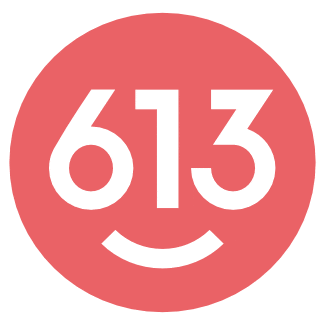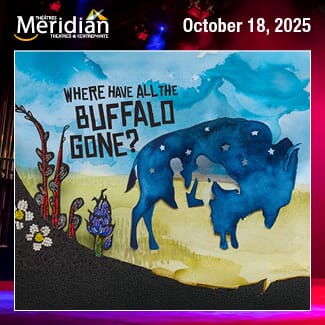On the weekend, the city’s new three-storey, 92,000 sq.-ft. central archives building opened its doors to the public. And like the historical-document-loving nerd that I am, I jumped in my car, raced out to Nepean, and made a beeline straight for its collection of old municipal bylaws, quite possibly trampling some poor child in my fevered quest for knowledge.
Allowing the public near-unfettered access to the century-plus trove of material was a great way to show off the stunning $38.6-million building, which will also house the main library’s collection and distribution services. As a repository for the city’s institutional memory, it’s a wonderful space, filled with natural light and possessing an intuitive layout. The windows and staircases are etched with the text from an early 19th century journal by Rideau Canal surveyor John Burrows – an insightful, inspired design touch that’s a definite conversation starter.
The third floor contains most of the historical documents, including old council meeting minutes, card catalogues filled with birth and death notices, and the municipal bylaws I was there to see. While a staff member told me they do have records going back to the 1850s, the oldest physical book I could find contained the city’s bylaws for 1890. Good enough for me, I thought, and I pulled out my notepad and began a-copyin’.
I was immediately drawn to the bylaws designed to “Preserve Order and Public Morals in the City of Ottawa.” It was kind of surprising to see the city had a morality code; after all, a web search for “morality” on the city’s website results in this helpful suggestion, implying that the preservation of the public’s moral well-being is maybe not the municipality’s number one priority these days. Back in 1890, though, it was a different story, and one of the first of the morality bylaws was intended to ensure public decorum and eliminate vulgarity:
2. No person shall profanely swear or make use of obscene, blasphemous or grossly insulting language, or commit any other immorality or indecency within said City.
Inspired by the lofty debates in the House of Commons, one wonders? The city’s 1890 bylaws weren’t just concerned with potential offences to the auditory senses, though. Here’s what they said about citizens who were aesthetically, um, displeasing:
21. No deformed, malformed or diseased person shall expose himself or herself or permit himself or herself . . . to be exposed in any of the public streets, highways or public places, to excite sympathy or induce help or assistance for general or public charity.
Kind of harsh, yes, but possibly understandable if you’re trying to keep tuberculosis outbreaks at bay. Which might also explain why the city was an early adopter of zombie prevention measures:
33. No person shall inter, or cause to be interred, or assist in the interment of any dead person within the said City of Ottawa.
The city also had much to say about how good Ottawans could go about making a living. In the 1890s, prognosticating in exchange for cash was strictly forbidden:
26: No person shall, within the City of Ottawa, for the purpose of gain, pretend or profess to tell fortunes or any future event by means of cards, palmistry or other craft or device.
So much for opinion polling firms, then! Not only was fortune-telling out, but so too was cock-fighting and bear-baiting:
18. No person shall keep or use in the City of Ottawa any house, pit, ground or other place for running, baiting or fighting any bull, bear, dog, cock or other animal . . . or shall assist or take part in any such baiting, running, or fighting, nor shall any person take part in any dog fight or cock fight, or set any dogs or cocks to fight in the city.
That said, owning a bear (or a wolf!) was cool. Letting it cavort through the city streets, not so much:
36. No person shall suffer or permit to run at large within the City of Ottawa any wolf, bear, or other wild animal of which he is the owner, possessor, harborer or caretaker.
And as anyone who’s gotten a parking ticket knows, when you break a bylaw, you get fined. Ignoring the city’s morality bylaws could set back an upstanding Ottawan “not less than one dollar, and not more than fifty dollars, together with the cost of prosecution.”
I could easily have whiled away the entire day going through the archives old documents (of which there are apparently more than 20 kilometres’ worth in their climate-controlled vault), but as is the case with open houses, I’m easily sucked in by distractions (and here I’m looking at you, insanely cheap used book sale). But I’ve made a mental note to schedule an appointment and head back for further research.












